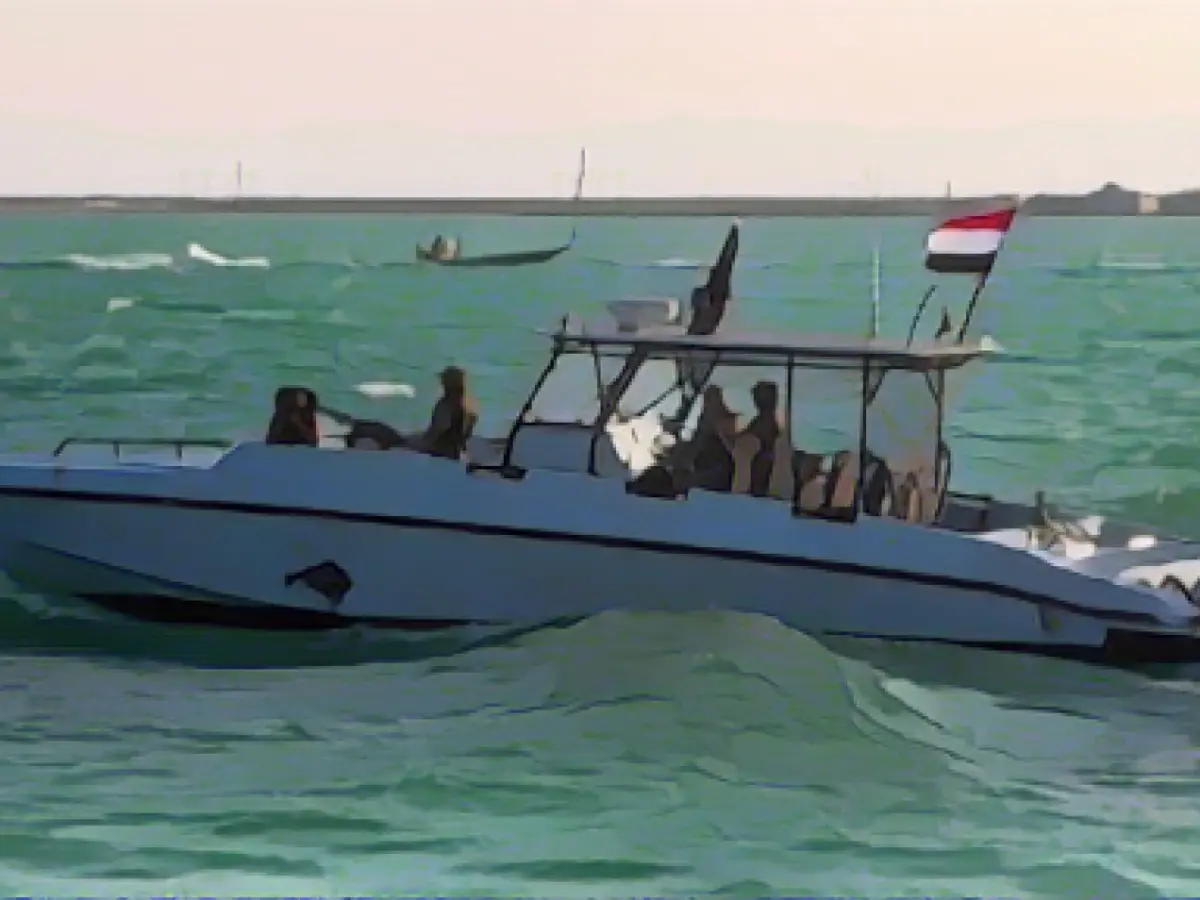Navigating Challenges in the Red Sea: Trade Disruptions and the Houthi Threat
A flurry of drone attacks in the Red Sea, emanating from Yemen, raised eyebrows recently. As reported by Centcom on X (formerly Twitter), the US Navy's USS Carney launched more than a dozen drones, with no reports of damage or casualties. The militants behind this operation, the Houthi group based in Yemen, continued to demonstrate their capability to disrupt international trade by targeting commercial vessels.
US Defense Secretary Lloyd Austin labeled these attacks as "irresponsible and illegal," calling it a major concern that requires international attention. Citing the Red Sea as a critical trade route for thousands of ships annually, Austin's sentiments underscore the financial and strategic importance of protecting this vital artery.
Unsettled Waters
The escalating tensions and persisting uncertainties have prompted a series of shipping companies to divert their routes, avoiding the Red Sea altogether. The Mediterranean Shipping Company (MSC) and CMA CGM, based in Italy and France, respectively, announced that they would no longer sail through the Red Sea strait. Preceding these announcements, German shipping giant Hapag-Lloyd and Danish shipping company Maersk had already decided to suspend voyages through the Red Sea due to security concerns.
International Engagement
The world community has joined forces to safeguard the region's maritime security. Martin Kröger, the president of the Association of German Shipowners (VDR), advocated for an international military alliance to protect civilian shipping in the Red Sea. Countries such as the United States, France, and England, have already deployed military vessels to the area as part of Operation Prosperity Guardian.
The operation was initiated to maintain freedom of navigation, deter further attacks, and secure shipping lanes in the Red Sea. With notable naval assets such as the United States Navy's Carrier Strike Group 2 and British destroyers, the international coalition aims to maintain its presence in the region and respond to any future incidents.
Sources and Insights
- Houthi attacks have caused substantial damage to commercial vessels and posed a threat to seafarers and the global economy.
- Inaccurate targeting and a lack of clear criteria for identifying vessels have led to unpredictable risks and uncertainty in the region, resulting in shipping diversions.
- International efforts include Operation Prosperity Guardian, with countries collectively deploying naval and military assets to deter attacks and maintain shipping lane security.
- The United Nations Security Council has adopted a resolution demanding a cessation of Houthi attacks on merchant vessels, underscoring international concern over maritime safety.
- Dedicated maritime security mechanisms and diplomatic pressure are being explored to mitigate risks, improve information sharing, and establish long-term strategies to address emerging threats.
The ongoing volatility in the Red Sea underscores the critical role of international cooperation to ensure maritime security, maintain the freedom of navigation, and protect the global economy.








